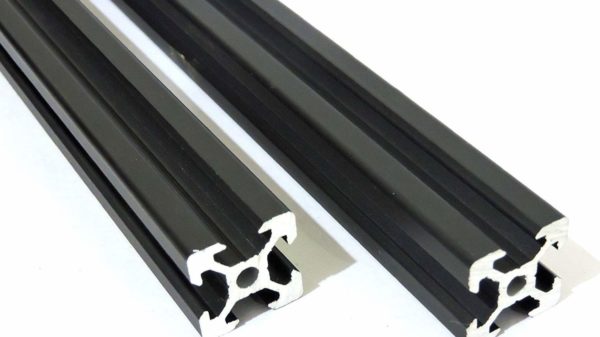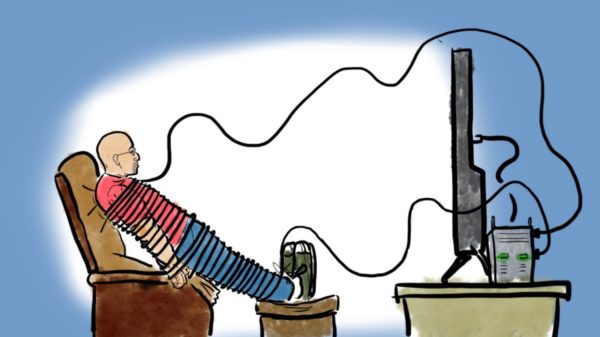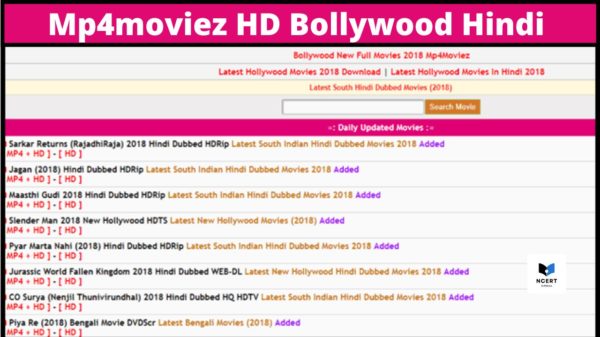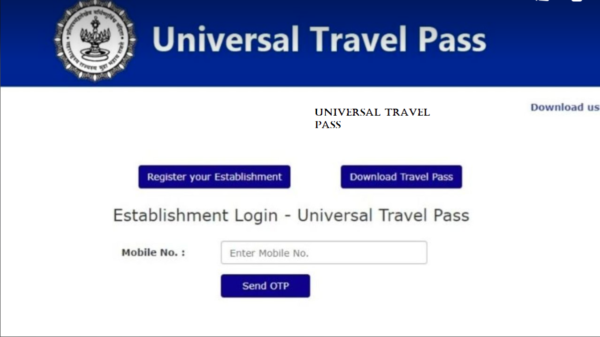Tractor insurance is a specialized form of coverage designed to protect owners of agricultural machinery from various risks associated with their use. This type of insurance typically covers a range of incidents, including damage to the tractor itself, liability for injuries or damages caused to third parties, and even theft. For instance, if a tractor is involved in an accident that results in property damage or bodily injury to another person, the liability coverage within the policy would help cover legal fees and compensation claims.
Additionally, comprehensive coverage can protect against non-collision incidents such as fire, vandalism, or natural disasters, ensuring that the owner is not left with a significant financial burden. The necessity of tractor insurance cannot be overstated, especially for those who rely on these machines for their livelihood. In the agricultural sector, tractors are essential for various tasks, from plowing fields to transporting goods.
Without adequate insurance, a single accident or equipment failure could lead to substantial financial losses. Moreover, many states require farmers and agricultural businesses to carry certain types of insurance to operate legally. Therefore, understanding the specifics of what tractor insurance covers is crucial for any owner to safeguard their investment and ensure compliance with local regulations.
Key Takeaways
- Tractor insurance covers damage to the vehicle, liability for injuries or property damage, and protection against theft or vandalism.
- Factors affecting tractor insurance pricing include the tractor’s age, make and model, usage, location, and the driver’s experience and driving record.
- Comparing quotes from different insurance providers can help you find the best coverage at the most competitive price.
- Lower your tractor insurance premium by increasing your deductible, maintaining a clean driving record, and taking advantage of discounts.
- Bundling your tractor insurance with other policies can lead to cost savings and simplified management of your insurance needs.
Factors Affecting Tractor Insurance Pricing
Several factors influence the pricing of tractor insurance, making it essential for potential policyholders to understand how these elements interact. One of the primary considerations is the type and value of the tractor being insured. High-value tractors equipped with advanced technology or specialized features may incur higher premiums due to the increased cost of repairs or replacement.
For example, a modern tractor with GPS navigation and precision farming capabilities will likely be more expensive to insure than an older model lacking such features. Another significant factor is the intended use of the tractor. Tractors used for commercial purposes, such as those employed by farming operations or landscaping businesses, typically face higher insurance costs compared to those used solely for personal or recreational purposes.
This is largely due to the increased risk associated with commercial use, which often involves more frequent operation and exposure to potential accidents. Additionally, the geographical location where the tractor is primarily used can also impact pricing; areas with higher rates of theft or accidents may lead to increased premiums.
The Importance of Comparing Quotes from Different Insurance Providers

When it comes to securing tractor insurance, comparing quotes from various providers is a critical step that can lead to significant savings. Each insurance company has its own underwriting criteria and pricing models, which means that premiums can vary widely for similar coverage options. By obtaining multiple quotes, policyholders can identify discrepancies in pricing and coverage levels, allowing them to make informed decisions about which policy best meets their needs.
Moreover, different insurers may offer unique discounts or incentives that can further reduce costs. For instance, some companies might provide lower rates for bundling policies or for implementing safety measures on the tractor. By taking the time to shop around and evaluate different options, owners can not only find a more affordable premium but also ensure they are receiving comprehensive coverage tailored to their specific requirements.
Tips for Lowering Your Tractor Insurance Premium
| Tip | Description |
|---|---|
| Choose a Higher Deductible | Opting for a higher deductible can lower your premium, but be sure you can afford the out-of-pocket expense if you need to make a claim. |
| Bundle Your Policies | Consider bundling your tractor insurance with other policies, such as auto or home insurance, to receive a discount. |
| Improve Security Measures | Installing security devices like GPS trackers or anti-theft systems can reduce the risk of theft and lower your premium. |
| Shop Around | Compare quotes from different insurance providers to find the best rate for your tractor insurance. |
| Take a Safety Course | Completing a tractor safety course can demonstrate your commitment to safe driving and may result in a lower premium. |
Lowering tractor insurance premiums can be achieved through several strategic approaches. One effective method is to increase the deductible amount on the policy. A higher deductible means that the policyholder will pay more out-of-pocket in the event of a claim, but it can significantly reduce the overall premium cost.
For example, if a policyholder opts for a $1,000 deductible instead of a $500 deductible, they may see a notable decrease in their annual premium. Another way to lower premiums is by taking advantage of available discounts. Many insurance providers offer reductions for various reasons, such as having a clean driving record, completing safety training courses, or being a member of certain agricultural organizations.
Additionally, maintaining good credit can also positively influence insurance rates; insurers often view individuals with higher credit scores as lower-risk clients. By actively seeking out these discounts and maintaining good practices, tractor owners can effectively manage their insurance costs.
The Benefits of Bundling Your Tractor Insurance with Other Policies
Bundling tractor insurance with other types of coverage can yield significant financial benefits for policyholders. Many insurance companies offer multi-policy discounts that reward customers for consolidating their insurance needs under one provider. For instance, a farmer who bundles their tractor insurance with home and auto insurance may receive a discount on all policies, resulting in overall savings.
Beyond financial savings, bundling can also simplify the management of insurance policies. Having all coverage under one provider means fewer bills to track and a single point of contact for any questions or claims. This streamlined approach can save time and reduce stress when dealing with insurance matters.
Furthermore, insurers may offer enhanced coverage options or additional benefits for bundled policies that would not be available if purchased separately.
The Impact of Your Driving Record and Experience on Tractor Insurance Costs

A driver’s record and experience play a crucial role in determining tractor insurance costs. Insurers assess driving history as an indicator of risk; individuals with clean records—free from accidents or traffic violations—are often rewarded with lower premiums. Conversely, those with a history of accidents or infractions may face higher rates due to perceived risk factors associated with their driving behavior.
Experience also factors into pricing; seasoned operators who have logged many hours behind the wheel are generally viewed as lower risk compared to novice drivers. Insurers may consider factors such as age and years of experience when calculating premiums. For example, a young driver with limited experience may pay significantly more than an older driver who has been operating tractors for decades without incident.
The Role of Deductibles in Determining Tractor Insurance Pricing
Deductibles are a fundamental aspect of tractor insurance policies that directly influence premium costs. A deductible is the amount that a policyholder agrees to pay out-of-pocket before the insurance coverage kicks in during a claim. Generally speaking, policies with lower deductibles come with higher premiums because the insurer assumes more risk in covering potential claims.
Choosing an appropriate deductible requires careful consideration of one’s financial situation and risk tolerance. For instance, a farmer who has sufficient savings may opt for a higher deductible to benefit from lower monthly premiums. Conversely, someone who prefers peace of mind and wants to minimize out-of-pocket expenses in case of an accident might choose a lower deductible despite paying higher premiums.
Understanding how deductibles work and their impact on overall costs is essential for making informed decisions about tractor insurance.
The Value of Regularly Reviewing and Updating Your Tractor Insurance Policy
Regularly reviewing and updating tractor insurance policies is vital for ensuring that coverage remains adequate as circumstances change over time. Factors such as changes in equipment value, modifications made to the tractor, or shifts in operational use can all necessitate adjustments in coverage levels. For example, if a farmer upgrades to a more expensive model or adds new attachments that increase functionality, it’s crucial to update the policy to reflect these changes accurately.
Additionally, life events such as expanding a farming operation or transitioning from personal use to commercial use can also impact insurance needs. By conducting annual reviews or whenever significant changes occur, policyholders can ensure they are not underinsured or overpaying for unnecessary coverage. This proactive approach not only protects investments but also helps maintain compliance with any legal requirements related to agricultural operations.
FAQs
What is tractor insurance?
Tractor insurance is a type of insurance policy that provides coverage for tractors and other agricultural vehicles. It typically includes protection against damage, theft, and liability for accidents.
What does tractor insurance cover?
Tractor insurance typically covers damage to the tractor, theft, liability for accidents involving the tractor, and in some cases, coverage for attached equipment and accessories.
How much does tractor insurance cost for 1 year?
The cost of tractor insurance for 1 year can vary depending on factors such as the value of the tractor, the level of coverage, the location where the tractor is used, and the driver’s history. On average, tractor insurance can range from a few hundred to a few thousand dollars per year.
What factors affect the price of tractor insurance?
Factors that can affect the price of tractor insurance include the value of the tractor, the type of coverage selected, the location where the tractor is used, the driver’s history, and any additional equipment or accessories that need to be insured.
Where can I purchase tractor insurance?
Tractor insurance can be purchased from insurance companies that offer agricultural or commercial vehicle insurance. It is important to compare quotes from different providers to find the best coverage at the most competitive price.























































You must be logged in to post a comment Login